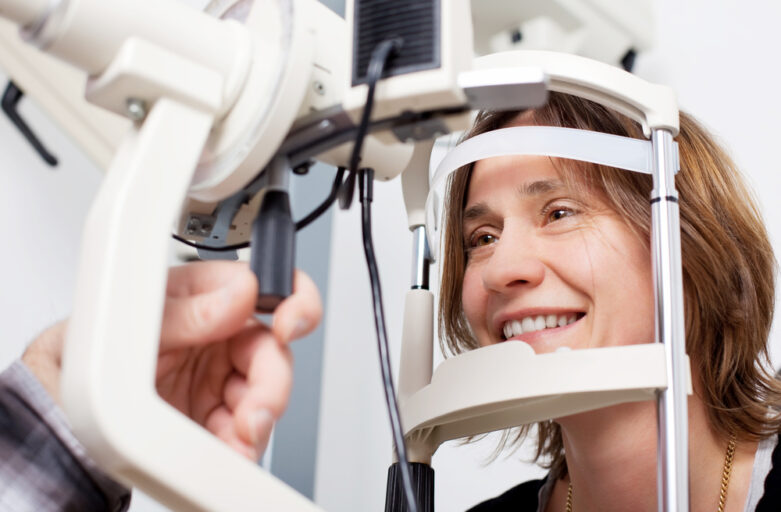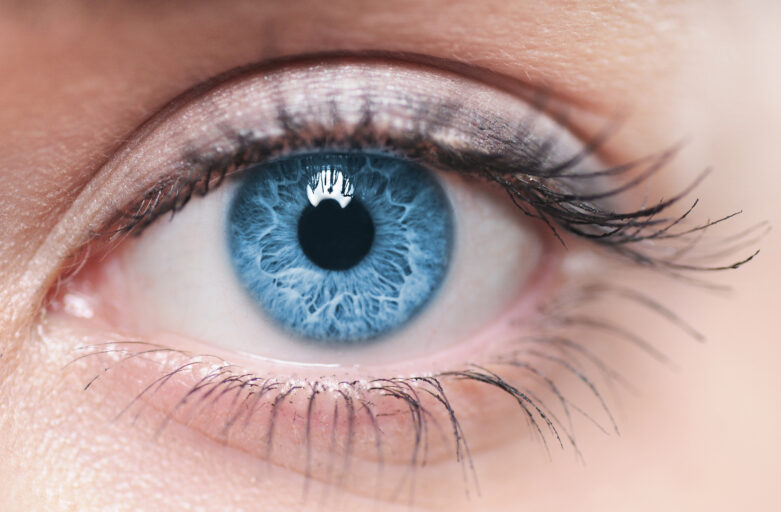At Boxer Wachler Vision Institute, we believe that eye health is not just about regular checkups and vision correction procedures. What you eat plays a critical role in maintaining your eyesight and preventing age-related eye conditions. Just like the rest of your body, your eyes require specific nutrients to function optimally. In this blog, we’ll explore key nutrients and foods that support eye health, based on reputable research and expert recommendations.
Key Glaucoma Facts Everyone Should Know
Glaucoma is a serious eye condition that can lead to irreversible vision loss if left untreated. It’s often referred to as the “silent thief of sight” because it tends to progress without any early warning signs. At Boxer Wachler Vision Institute in Beverly Hills, we believe that understanding glaucoma and its impact on eye health is essential for everyone, especially as early diagnosis and treatment can help preserve vision.
Change the Color of Your Eyes Instantly with ColorEyes
Are you looking for a safe and effective way to change the color of your eyes? At the Boxer Wachler Vision Institute in Beverly Hills, we offer ColorEyes, a revolutionary treatment designed to give you the eye color of your dreams—instantly! Unlike colored contact lenses that may feel uncomfortable or cause irritation, ColorEyes is a permanent, non-invasive procedure that uses advanced technology to alter your eye color without any surgery.
Cloudy Vision: Is Cataract Surgery Optional or Necessary?
At Boxer Wachler Vision Institute, we understand the concerns and questions you may have regarding cataracts and the potential need for surgery. Dr. Brian, our experienced ophthalmologist, is here to provide clarity on this common eye condition and help you make informed decisions about your eye health.
Is Keratoconus Hereditary? Be Proactive About Your Eye Health
At Boxer Wachler Vision Institute, our commitment is to your eye health and well-being. Dr. Brian and our dedicated team are here to provide you with the latest information and care strategies to ensure your vision remains clear and healthy. One eye condition that we frequently address is keratoconus. Understanding whether keratoconus is hereditary and how to be proactive about your eye health can make a significant difference in your quality of life.
What Makes Fortified LASIK Better Than the Traditional Surgery
At Boxer Wachler Vision Institute, under the expert guidance of Dr. Brian, we are committed to offering cutting-edge solutions for vision correction. One of our standout procedures is Fortified LASIK, a revolutionary advancement in laser eye surgery. If you’re considering LASIK surgery to correct your vision, you might wonder how Fortified LASIK differs from traditional LASIK and why it might be the better option for you.
Reasons You May Experience Dry Eye
Are you frequently bothered by irritated, burning eyes? There is a good chance you have chronic dry eye, a common condition that affects eyes that are unable to sufficiently lubricate themselves, either because of poor quality tears or inadequate tear production. Dr. Brian Boxer-Wachler has treated dry eye throughout his career with treatments he pioneered, which has helped patients like you to lower their incidence of eye discomfort. Below, he shares some of the reasons dry eye occurs. Read more
At What Age Should You Start Worrying About Cataracts?
Given that approximately half of Americans 75 and older are diagnosed with cataracts, it is not surprising that you may have some advanced concern about your own susceptibility to this eye condition. Brian Boxer Wachler, MD, is a premier ophthalmologist who regularly performs advanced cataract surgery for his patients in Beverly Hills. Below, he discusses when cataracts may start to become a problem. Read more
Driving with Keratoconus: Tips for Staying Safe
Driving is a daily necessity for many, providing a sense of freedom and independence. However, for those living with keratoconus, a progressive eye condition that causes vision distortion and blurriness, it can present a unique set of challenges. Brian Boxer Wachler, MD, understands the concerns and difficulties faced by patients with keratoconus, especially when it comes to driving. His goal is to not only address these concerns but also provide practical advice for staying safe on the road. Read more
WhiterEyes: An Exciting Treatment for Permanently Bloodshot Eyes
When you think of whitening treatments, the first thing to come to mind is probably a cosmetic procedure for your teeth. However, if you are one of the many Americans who has eyeballs that are less than white in color, you may be pleased to learn about WhiterEyes®. Leading ophthalmologist Brian Boxer Wachler, MD pioneered this treatment so patients can gain renewed confidence in their appearance.
While teeth whitening is cosmetic, eye whitening is more than cometic. People with discolored eyes feel very self-conscious because others may think that they are always tired, on drugs, etc. It can be emotionally difficult for those suffering from discolored eyes making them very self-conscious. Read more












